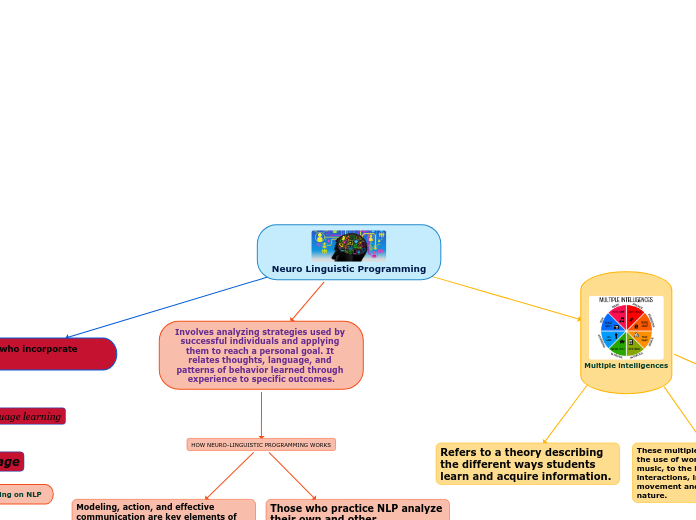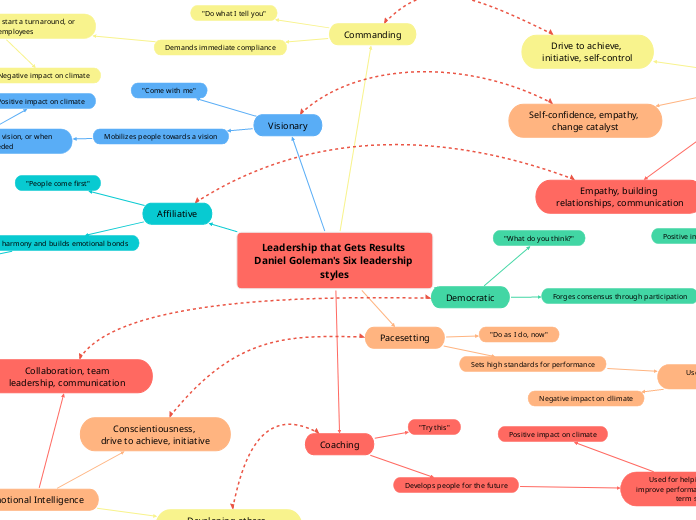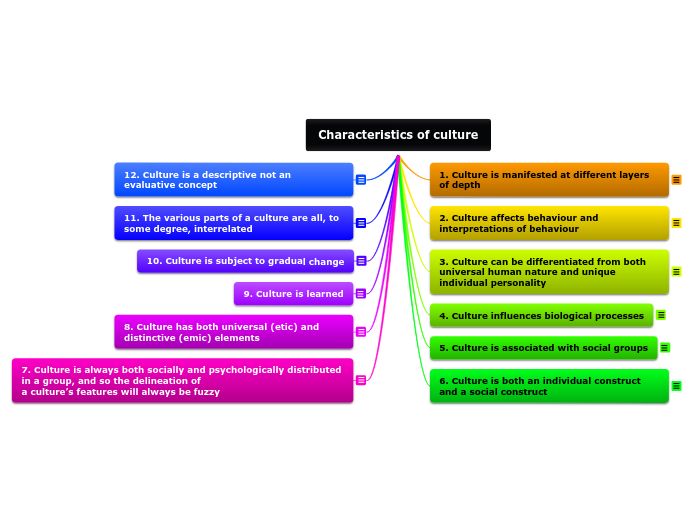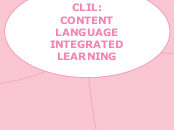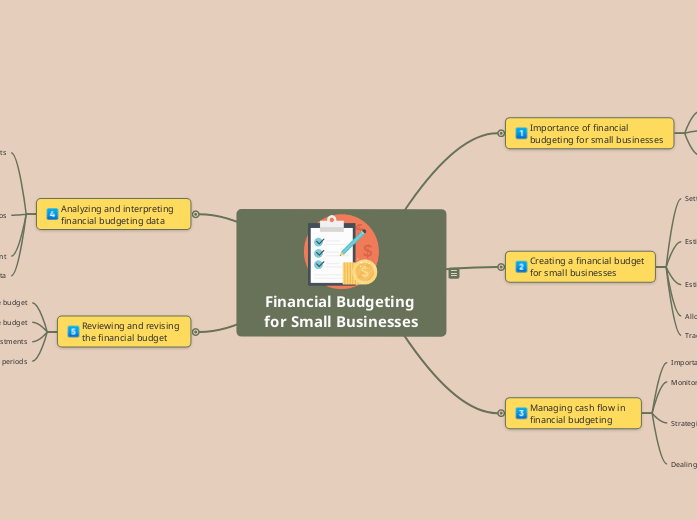по patricia lobaton 3 лет назад
511
Neuro Linguistic Programming
Neuro-Linguistic Programming (NLP) and various educational techniques such as suggestopedia and community language learning are influential in modern teaching. These methods incorporate elements like body language, music, and drama to engage multiple intelligences.
